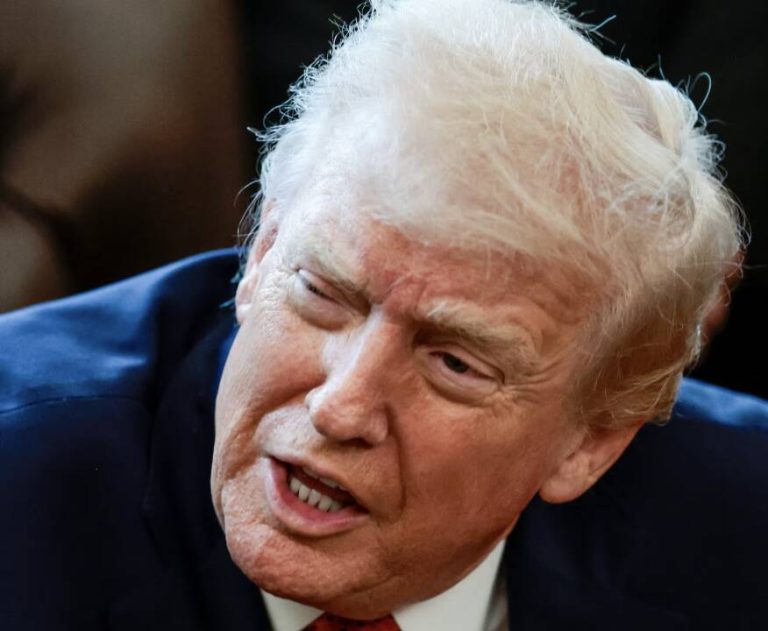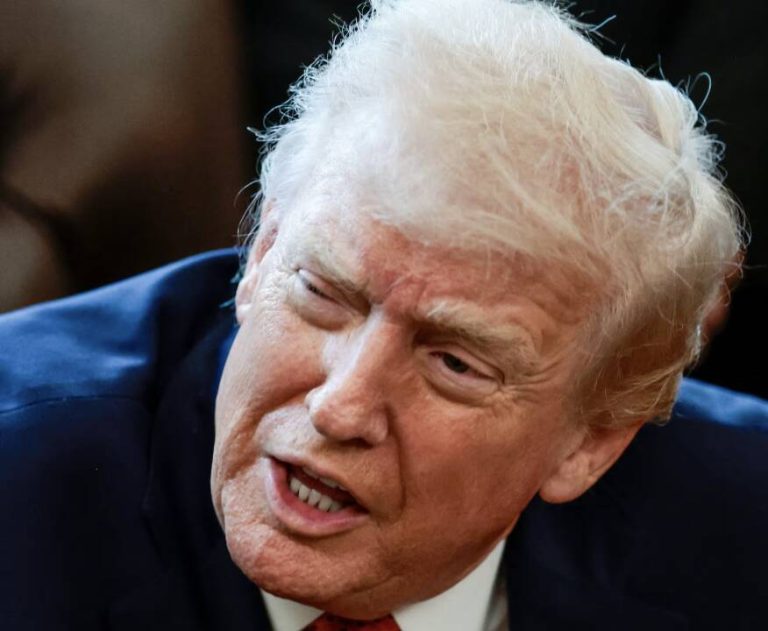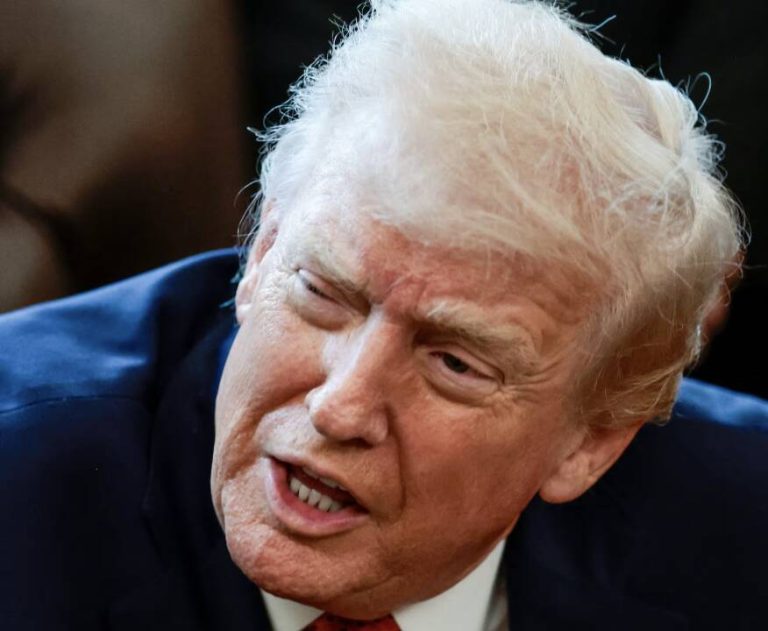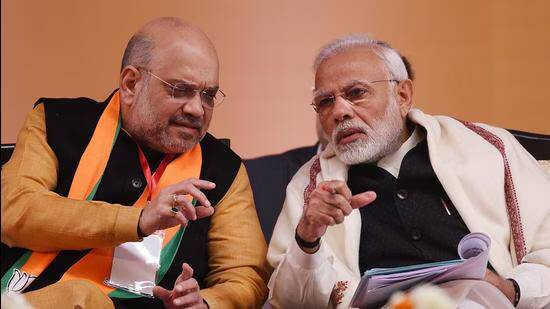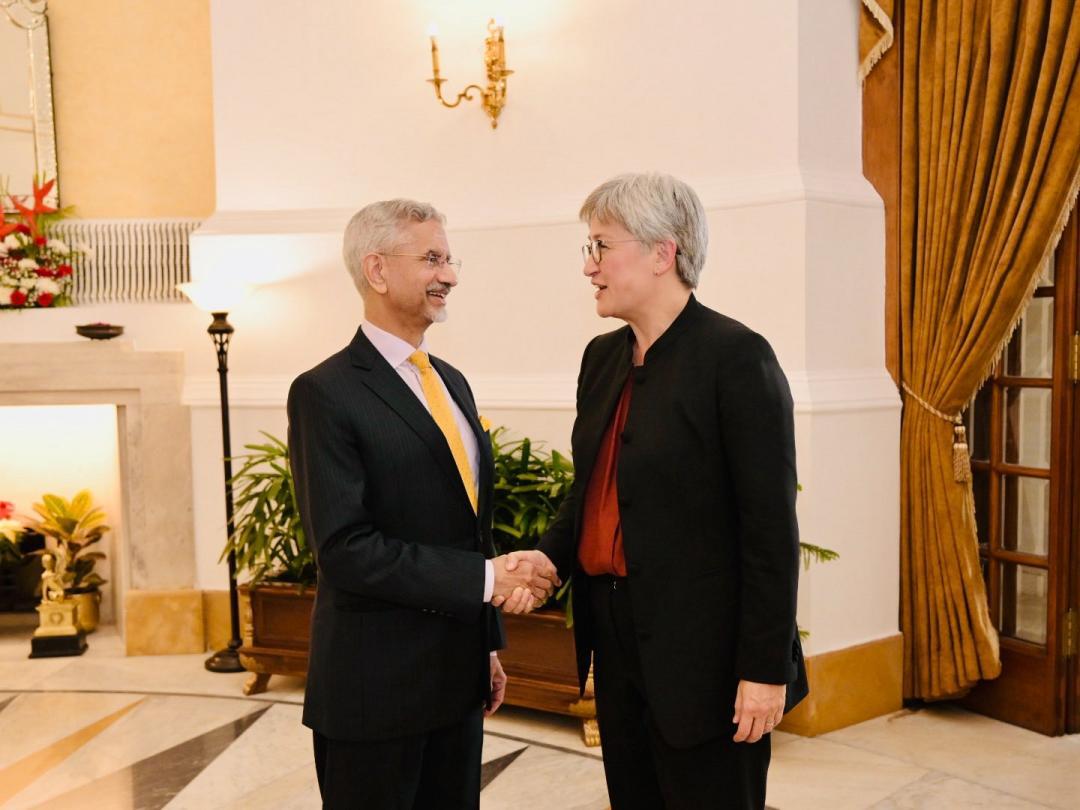
You’ve beaten us in both Men’s & Women’s Cricket,’ Australia leader jokes with Jaishankar
In a lighthearted moment during a meeting between two of the world’s most prominent diplomats, Australia’s Foreign Minister Penny Wong met with India’s External Affairs Minister S Jaishankar and couldn’t resist taking a jab at the current state of cricket between their two nations. “You’ve beaten us in both Men’s and Women’s Cricket,” she joked, highlighting the recent successes of Indian cricket teams against their Australian counterparts.
This meeting marked a significant occasion, as Penny Wong noted that Jaishankar is the minister she has met most in her current role. The familiarity and camaraderie between the two leaders were palpable, and the cricket comment set a positive tone for their discussion. The Indian women’s cricket team had recently defeated Australia in the 2025 Women’s World Cup semifinal in October, and the Men’s team won the T20I series against Australia in November, making Wong’s joke particularly timely.
The remark not only showcases the sporting rivalry and banter between the two nations but also underscores the deepening diplomatic relations between India and Australia. Cricket, often referred to as a religion in India, serves as a common ground that can transcend political boundaries and facilitate friendly interactions among leaders. The joke by Penny Wong reflects the amicable and competitive spirit that defines the relationship between India and Australia, both on and off the cricket pitch.
The context of their meeting is significant, given the strategic partnership between India and Australia that has been growing in strength over the years. Both nations have been focusing on enhancing their bilateral ties, with a special emphasis on trade, defense, and cultural exchange. The reference to cricket, therefore, was not just a passing comment but a gesture that symbolizes the warmth and mutual respect that has developed between the two countries.
The success of the Indian cricket teams, both men’s and women’s, has been a subject of pride for the nation, demonstrating the country’s growing prowess in the sport. For Australia, a nation known for its rich cricketing history and competitive spirit, these recent losses might sting, but they also reflect the evolving landscape of international cricket, where India has emerged as a dominant force.
Penny Wong’s comment, while made in jest, also highlights the importance of sports diplomacy. Sports, and cricket in particular, have a unique ability to bring nations together, fostering dialogue and friendship among peoples from different backgrounds. The exchange between Wong and Jaishankar exemplifies how sports can serve as a bridge, facilitating rapport and understanding even at the highest levels of diplomacy.
The meeting and the cricket joke have broader implications for the future of India-Australia relations. As both countries continue to navigate the complexities of global politics, economic challenges, and strategic alliances, moments like these remind us of the human side of diplomacy. They show that even amidst serious discussions on policy and cooperation, there is room for humor and mutual admiration, especially when it comes to a shared passion like cricket.
In conclusion, the lighthearted exchange between Penny Wong and S Jaishankar, centered around cricket, is a testament to the friendly and competitive spirit that defines the relationship between India and Australia. It underscores the deepening ties between the two nations and highlights the role that sports can play in fostering goodwill and understanding at the highest levels of diplomacy. As India and Australia look to the future, moments like these will continue to play a significant role in shaping their bilateral relationship, making it stronger and more resilient.
